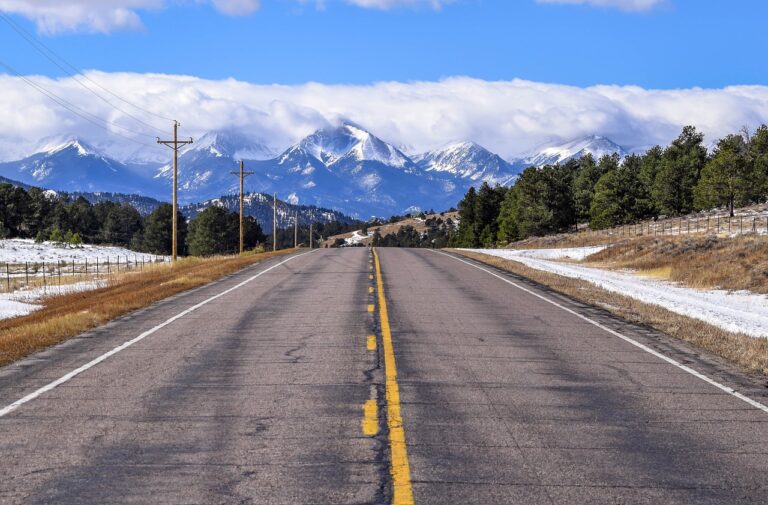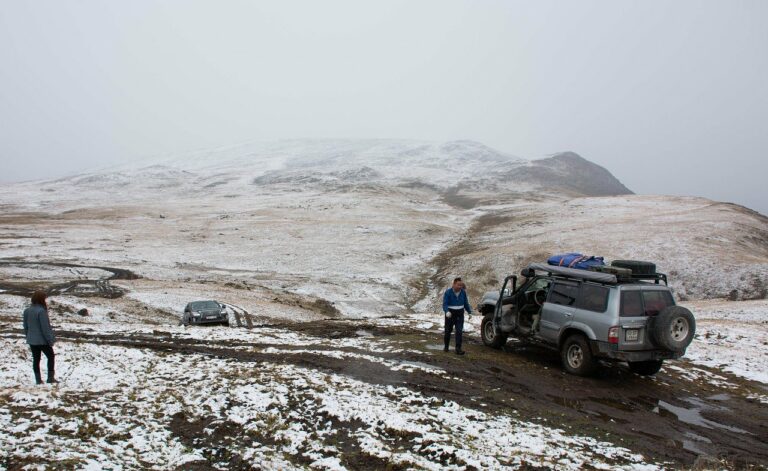Navigating Through Arid Environments: Water Conservation Tips
11xplay reddy login id and password, laser247. com cricket, sky live casino: Navigating Through Arid Environments: Water Conservation Tips
Living in an arid environment presents unique challenges when it comes to water conservation. With limited water resources and high evaporation rates, it’s essential to be mindful of how we use water to ensure sustainability for both ourselves and the environment. In this article, we’ll discuss some practical tips for conserving water in arid environments.
Understanding the Importance of Water Conservation
Water is a precious resource, especially in arid environments where it is scarce. By conserving water, we can reduce our impact on the environment, prevent water shortages, and save money on water bills.
Tips for Water Conservation in Arid Environments
1. Fix Leaks: Leaks can waste a significant amount of water, so be sure to repair any leaks in your plumbing fixtures promptly.
2. Install Water-Efficient Fixtures: Consider installing low-flow toilets, showerheads, and faucets to reduce water consumption.
3. Collect Rainwater: Rainwater harvesting is an excellent way to collect and store water for later use in gardens or landscaping.
4. Mulch Your Garden: Mulching your garden can help retain moisture in the soil, reducing the need for watering.
5. Water Wisely: Water your plants early in the morning or late in the evening to minimize evaporation. Avoid watering on windy days.
6. Use Drought-Tolerant Plants: Choose plants that are native to arid environments and require less water to thrive.
7. Implement Drip Irrigation: Drip irrigation delivers water directly to the roots of plants, minimizing water waste.
8. Use Greywater: Greywater from sinks, showers, and washing machines can be reused for watering plants or flushing toilets.
9. Be Mindful of Outdoor Water Use: Limit the use of water for activities like washing cars or filling pools in arid environments.
10. Educate Others: Spread awareness about the importance of water conservation in arid environments and encourage others to adopt water-saving practices.
Challenges of Water Conservation in Arid Environments
Despite efforts to conserve water, challenges like population growth, climate change, and droughts can pose obstacles to sustainable water management in arid environments. It’s crucial to stay informed and proactive in addressing these challenges to safeguard water resources for future generations.
FAQs
Q: How can I reduce water usage in my home?
A: You can reduce water usage in your home by fixing leaks, installing water-efficient fixtures, taking shorter showers, and using appliances like dishwashers and washing machines efficiently.
Q: What are the benefits of rainwater harvesting?
A: Rainwater harvesting helps conserve water, reduces water bills, and provides a sustainable source of water for gardens and landscaping.
Q: Is greywater safe to use for gardening?
A: Yes, properly treated greywater is safe to use for watering plants as long as it does not come into contact with human waste.
Q: How can I advocate for water conservation in my community?
A: You can advocate for water conservation in your community by organizing educational events, supporting water-saving initiatives, and collaborating with local authorities and organizations.
In conclusion, water conservation is crucial for maintaining water sustainability in arid environments. By implementing water-saving practices in our daily lives and advocating for sustainable water management, we can preserve this precious resource for future generations. Together, we can navigate through arid environments with care and responsibility.







